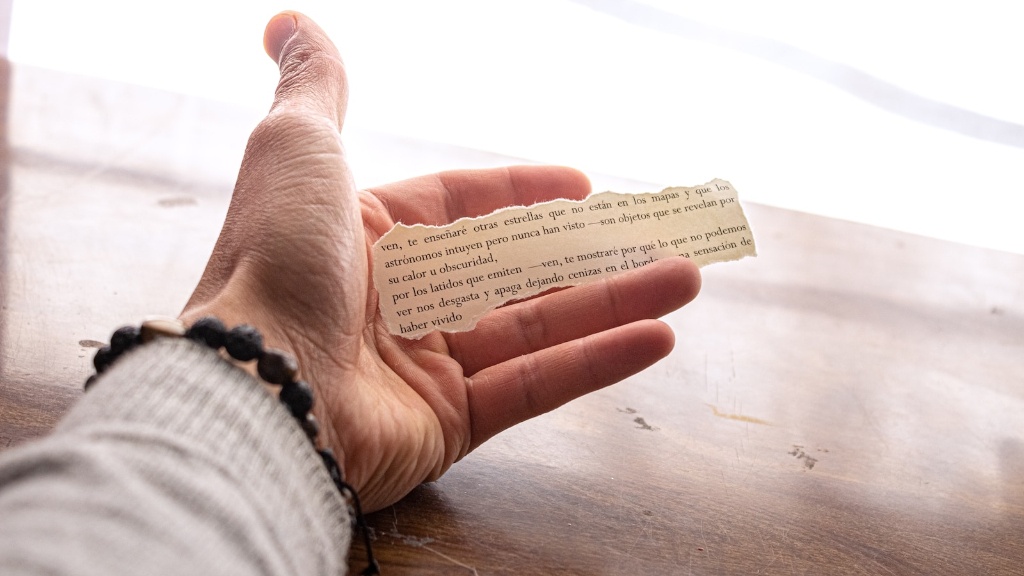Getting Started in Poetry Writing
Writing poetry is a very personal and satisfying way to express yourself. Many people find that their thoughts and emotions can be easily expressed through poetry, and it can be a great way to get creative. Whether you are writing your own poetry, reciting a classic poem, or even just reading poetry, there are some essential tips that will help you get started.
The first step to writing poetry is to decide what type of poetry you want to write. Do you want to write a traditional poem, such as a sonnet or villanelle? Or do you want to experiment with freeform poetry, or even create hybrid forms? It is important to think about the type of poem that you want to create before you begin.
The next step is to consider the language you will be using. Poetry is often written in a metaphorical language and this gives it an extra layer of meaning and emotion. It is important to choose words carefully and to think about how they will be interpreted by a reader. It is also important to think about the meter and rhythm of the poem, as this can affect the overall tone.
Once you have decided what type of poem you want to write and how you want to express yourself, it is important to know how to structure your poem. Knowing what the form of your poem will be is essential. A poem can be any length, but understanding the shape and meter of the poem is key. For example, a sonnet usually has 14 lines and follows a specific rhyme scheme and meter, while a free verse poem has few rules and no particular structure.
Writing Tips to Keep in Mind
When writing poetry, it is important to remember a few tips that will help you create beautiful, meaningful works of art. One of the most important things to remember is to keep it simple. Poetry should be succinct and to the point. Using fewer words to convey more powerful messages is essential.
It is also important to surprised the reader and to keep them guessing. If you can create a poem that has unexpected imagery or turns of phrase, it can create a powerful and lasting impression.
Another useful tip is to use rhythm and meter to help create a certain feeling or emotion. Using rhymes and syllables to create a pattern or rhythm can help to bring the poem to life.
Finally, it is important to allow yourself to have fun with your poem and to not be too critical. Poetry should be a freeing and creative experience, so allow yourself to flow with it and be creative.
Tools and Techniques to Improve Your Poem
Once you have written a poem and feel confident in your work, there are some tools and techniques that can help you to improve it. One useful tool for this is to read the poem out loud. Reading the poem out loud can help you to hear how the words flow together, as well as identify any errors or awkward phrasings.
It is also important to get feedback from others. Hearing constructive criticism from friends, family, and peers can help you to make changes to your work and can point out any mistakes that you may have missed. Having someone else look at your work can also help to bring new perspectives and ideas to the poem.
Finally, it is important to accept that poetic inspiration can come from anywhere! Taking the time to read other poetry and experience the range of literature that is out there can help you to explore and experiment with different styles and ideas.
Examples and Ideas To Explore
When writing poetry, it is important to explore examples and ideas to help inspire and inform your work. Taking the time to look at different poetic forms, such as free verse, haiku, odes and sonnets, can help to stimulate your thinking and inform your own works.
Reading literary works can also help to broaden your knowledge and understanding of the genre. Keeping up to date with the newest poetic trends, styles and techniques can help you to stay current and adventurous with your work.
It is also important to explore different topics and themes when writing poetry. Exploring ideas such as love, loss, life, death, nature and the environment can bring new and exciting perspectives to your work.
Conclusion
Writing poetry is an incredibly rewarding and fulfilling form of expression. To get started with writing poetry, it is important to decide what type of poem you want to write, what language you will use, and which structure it will have. Keeping in mind some key writing tips such as keeping it simple, surprising the reader, and utilizing rhythm and meter can help you create truly beautiful and meaningful pieces. Additionally, exploring examples, ideas, and literary works can help to broaden your knowledge and stimulate your creative thinking. Through exploration, persistence, and creative exploration, anyone can write stunning poems that will move and captivate readers.

